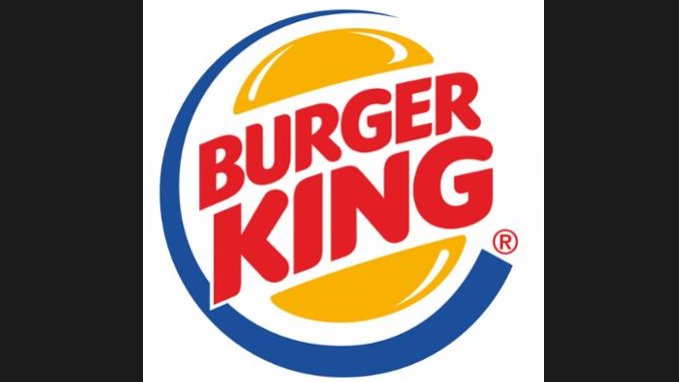
#ITC Paperboards eyeing on sustainable packaging solutions!
@dmuthuk @Prakashplutus @AnyBodyCanFly @Panks_Arora @SwarnashishC @prabhusaurabh91
@dmuthuk @Prakashplutus @AnyBodyCanFly @Panks_Arora @SwarnashishC @prabhusaurabh91

1/ #ITC Paperboards
-ITC Paperboards & Specialty Papers Division of ITC group is a leading manufacturer of packaging & graphic
boards in South Asia.
-Paper division closed last fiscal with ~10% of its produce being exported. Exports will go up. In value terms, exports is 15%
-ITC Paperboards & Specialty Papers Division of ITC group is a leading manufacturer of packaging & graphic
boards in South Asia.
-Paper division closed last fiscal with ~10% of its produce being exported. Exports will go up. In value terms, exports is 15%
2/ Focus
-Packaging industry will grow at a CAGR of 7.5% from 2020-25.
-It is focusing on sustainable packaging solutions with development of innovative B2B value added paperboards & import substitution given the unfolding opportunities in new segments of the packaging biz.
-Packaging industry will grow at a CAGR of 7.5% from 2020-25.
-It is focusing on sustainable packaging solutions with development of innovative B2B value added paperboards & import substitution given the unfolding opportunities in new segments of the packaging biz.
3/ Actions
-The new paperboards are emulsioncoated with a barrier that can withstand oil, grease and the strains of varying temperatures of takeaway food.
-The new paperboards are emulsioncoated with a barrier that can withstand oil, grease and the strains of varying temperatures of takeaway food.
-The business has introduced ‘green stiffener' to replace low density polyethylene (LDPE) used in making antifungal soap wrap.
-This new product has effectively replaced the LDPE used by premium soap brands.
-This new product has effectively replaced the LDPE used by premium soap brands.
4/ Opportunities
-The growth of #ecommerce, the need to store food items in new packaging replacing plastics, and increasing focus on environment friendly packaging opens up a big business opportunity.
-The growth of #ecommerce, the need to store food items in new packaging replacing plastics, and increasing focus on environment friendly packaging opens up a big business opportunity.
5/ Pulp Procurement
-To further reduce dependence on specialized imported pulp, which earlier could not be produced in the country, ITC has invested in a bleached chemithermo mechanical pulp plant at Bhadrachalam.
-To further reduce dependence on specialized imported pulp, which earlier could not be produced in the country, ITC has invested in a bleached chemithermo mechanical pulp plant at Bhadrachalam.
-With a production capacity of 100,000 tonnes per annum, this has enabled the biz to substitute imported pulp with domestic pulpwood thereby saving valuable foreign exchange.
-Company is in process of setting up a high pressure recovery boiler to augment the pulp mill capacity.
-Company is in process of setting up a high pressure recovery boiler to augment the pulp mill capacity.
-The enhanced pulp capacity will further reduce pulp imports and help procure additional wood from farmers.
-The Bhadrachalam plant has seven lakh tonnes per annum paper/paperboard capacity and 4.5 lakh tonnes per annum of pulp capacity.
-The Bhadrachalam plant has seven lakh tonnes per annum paper/paperboard capacity and 4.5 lakh tonnes per annum of pulp capacity.
• • •
Missing some Tweet in this thread? You can try to
force a refresh







